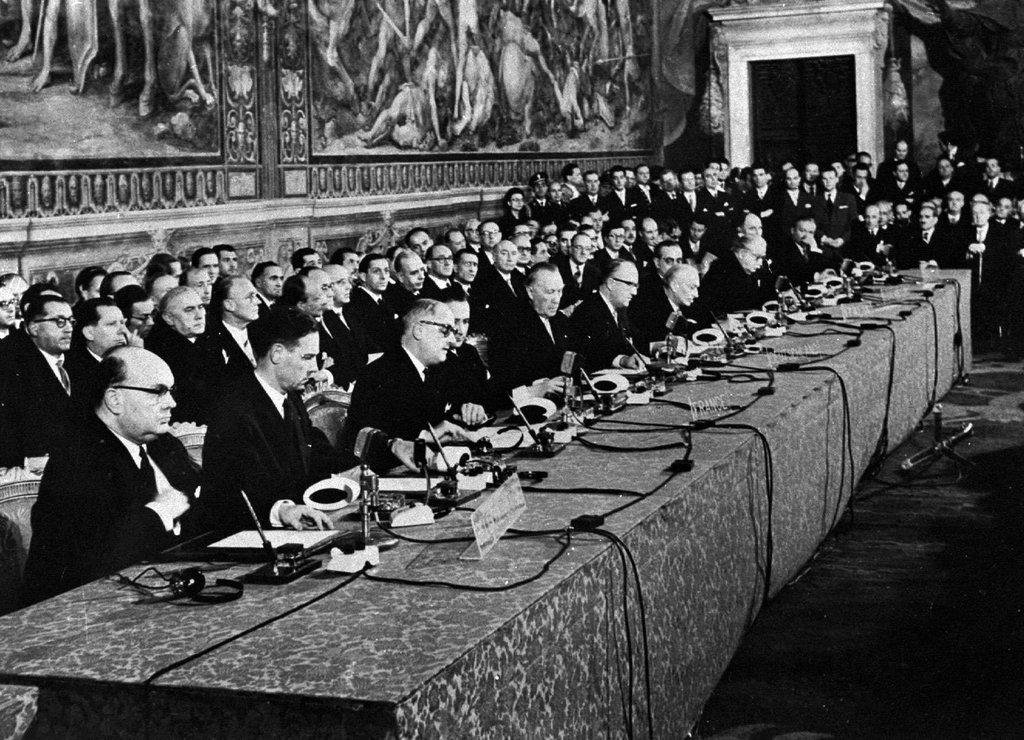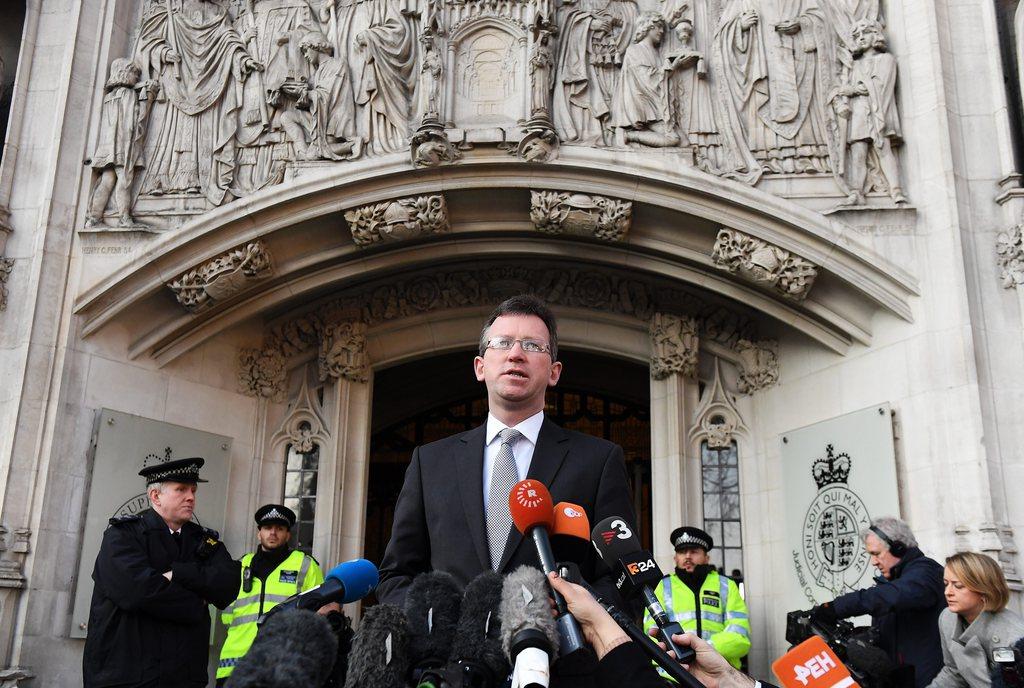When top-down goes bottom-up

An exit and a possible break-up mean that one of the world’s oldest and most peculiar democracies is challenging Europe’s peaceful post-war order – possibly a necessary step for a brighter democratic future.
All eyes are on Britain as Prime Minister Teresa May triggers Article 50 to formally leave the European Union, 279 days after the historic Brexit referendum when nearly 52% of British voters opted to leave the bloc. The exit process should take no more than two years, according rules set out in European treaties, but nobody knows how it will work in practice. Such a democratically enabled disintegration process has never before been tested.
What’s more, Brexit could be accompanied by an internal disintegration of Britain. On March 28, the Scottish Parliament voted 69 to 59 to organize a second popular vote on the country’s independence, to be held in 2018 or 2019 – before the end of the Brexit negotiations.
Power in Britain is still very much up to those who dare to take it. It is taken by an aggressive and self-confident minority of smart alecks, often with a narrow electoral victory in the rearview mirror.
A different democracy
Britain is truly different: its democracy is among the oldest in the world, dating back to the 16th century when the United Kingdom became a constitutional democracy. But that “constitution” was never written down, so today Britain’s basic laws are made by acts of parliament, court judgments and conventions. In other words, power in Britain is still very much up to those who dare to take it, and power does not usually go to a broad coalition with a safe majority. Instead, it is taken by an aggressive and self-confident minority of smart alecks, often with a narrow electoral victory in the rearview mirror.
That’s the case with Teresa May’s Conservative Party (with 36.9% of votes in the 2015 election) and Nicola Sturgeon’s Nationalist Party in Scotland (with 46.5% of votes in the 2016 elections). In fact, both parties lost in referendums (2014 for independence in Scotland and 2016 for Britain to remain in the EU), but both used their parliamentary majorities to concentrate power in their own hands.
Lessons learned
Brexit’s truly British challenge to Europe could and should be a useful lesson for the world. The powerful empire that controlled more than a quarter of the globe less than a century ago is now getting a taste of its own medicine. By asking the people – considered the “bottom” layer of the power pyramid in the traditional British hierarchy – the genie in the bottle has been freed. The resulting debate has brought to light some unpleasant features of the very confrontational British style of politics, with much noise made by the nasty tabloid media and various openly racist and xenophobic forces.
There’s no doubt that Britain and the European Union must now wade through a big mess. Britain will likely disintegrate further, even though the process could take years longer than May or Sturgeon promise. Both leaders could be long gone by the time a new, stable and democratically balanced country emerges.
In the long term, however, British democracy – and with it an important part of Europe – will have learned that today, a modern society can only be stable and successful if its members, the citizens, are taken seriously and have the right to make important decisions.
At the same time, a new kind of European Union will be born that is much less bureaucratic and inflexible than today’s technocratic monster. As the EU marked 60 years since the landmark Treaty of Rome last weekend, citizens across the continent gathered for public meetings and discussed possibilities for more active citizenship and participatory democracy on all political levels. This strong showing served as a counterpoint to leaders around the world (some more and some less democratic) who want to turn back time and push the buttons of nationalism, populism and authoritarianism.
The British referendum drama has created a lot of confusion. But in the long run, it could turn out to be rather useful.

In compliance with the JTI standards
More: SWI swissinfo.ch certified by the Journalism Trust Initiative



You can find an overview of ongoing debates with our journalists here. Please join us!
If you want to start a conversation about a topic raised in this article or want to report factual errors, email us at english@swissinfo.ch.